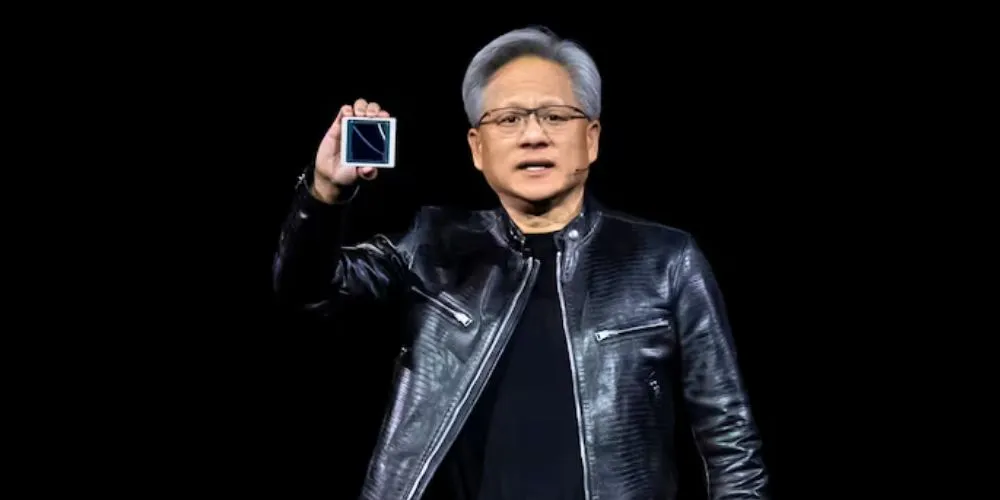Key Points:
- Nvidia CEO Jensen Huang criticized U.S. AI chip export bans, calling them counterproductive and harmful to American interests.
- The bans have led Chinese firms to develop domestic AI chips, boosting innovation in China rapidly.
- Nvidia has lost $5.5B in sales and $3B in taxes, with $15B in missed opportunities due to the H20 chip ban.
- China’s AI chip market is valued at $50 billion, and Huang warned that abandoning it threatens Nvidia’s broader ecosystem.
Nvidia CEO Jensen Huang has openly criticized the U.S. government’s restrictions on AI chip exports to China, calling them a strategic failure that undermines American technological leadership while accelerating Chinese innovation.
In an interview with Stratechery, Huang said the bans — including the prohibition of Nvidia’s H20 AI chip tailored for China — are backfiring. Rather than weakening China’s AI capabilities, the restrictions drive Chinese firms like Huawei to develop their own AI chips, reducing reliance on U.S. technology and shrinking Nvidia’s once-dominant market share in the region.
Huang highlighted that Nvidia controlled 95% of the Chinese market in early 2021, but its share has since fallen to about 50% due to the impact of both Trump-era and Biden-era sanctions. Despite these measures, China’s AI industry is not slowing down. Companies like Tencent and Alibaba now purchase locally developed AI chips, fueling domestic research, development, and innovation.
According to Huang, the intent to curb AI diffusion through export restrictions has been miscalculated. “If the goal is for America to lead, then AI diffusion did exactly the opposite of that,” he stated. He believes the U.S. should accelerate global adoption of its technology instead of cutting it off.
Former Commerce Secretary Gina Raimondo has echoed similar sentiments, noting that bans won’t effectively stall China’s technological rise and that U.S. investments in semiconductor research and manufacturing are more strategic for long-term leadership.
Huang also warned of the economic costs tied to these policies. Nvidia had to write off $5.5 billion in potential sales and walk away from $15 billion worth of business. He estimated a loss of $3 billion in tax revenue for the U.S. He emphasized that China’s AI market is worth $50 billion annually, making it comparable to the size of companies like Boeing.
He concluded that leaving such a large ecosystem behind poses the biggest long-term threat to CUDA, Nvidia’s proprietary AI software platform.




